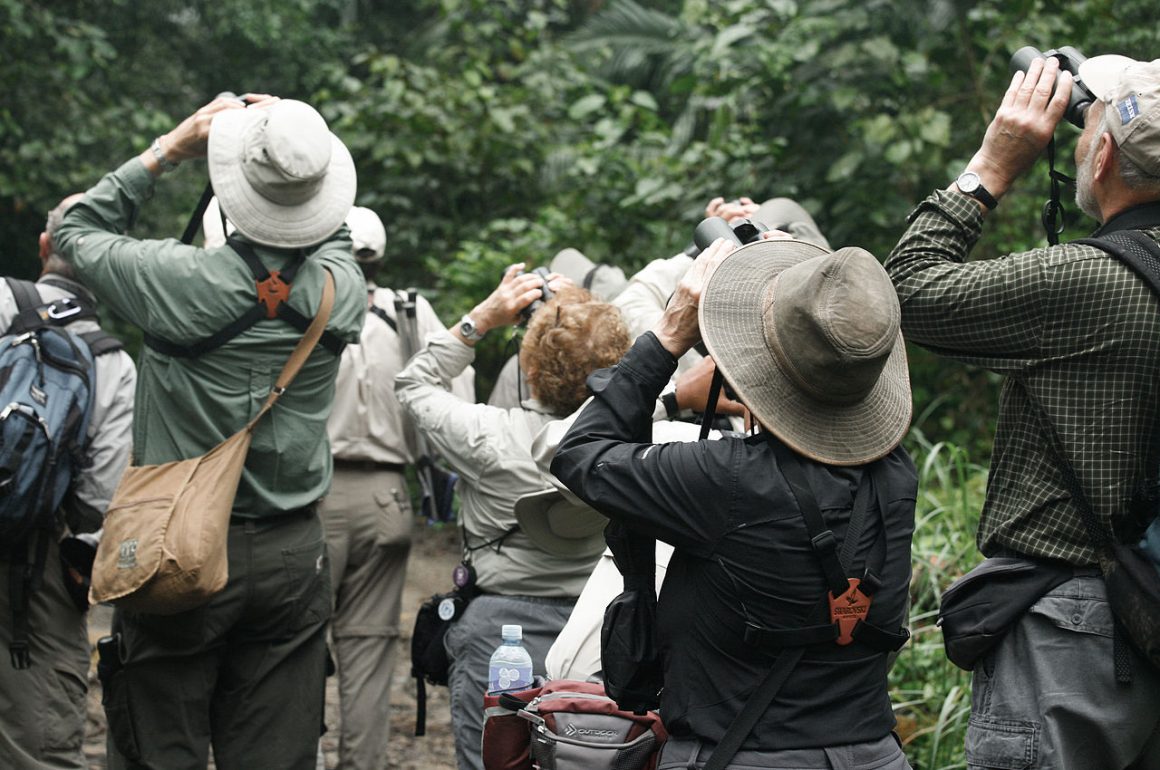
We are stuck. In a world we made. I remember a cartoon showing the prehistoric Earth as a vast forest with tiny villages fenced-off due to dangerous animals, and the today’s Earth as a wasteland, with a few tiny forests remaining, fenced-off due to abominable humans.
It may look like a cartoon, but while birding Philippines, Phoebe Snetsinger literally slept in a prison, because its buffer zone held the only remaining forest in the agricultural landscape. That cartoon is not showing some dystopian future, but the world we already live in. And we’re nowadays complaining that some organisms left those forests to enter our wastelands?
Basically, travelling birders are heading for those tiny and ever shrinking reserves. Yet, if they do not come, the reserve would make no ecotourism-related income and would have to look for other means of surviving in the ever tougher market. And as environmentalists, we would hate to see that happen.
You know how Thomas Cook has founded the first tour agency in the early 1800s? Wrong. 80 years earlier, in the mid-1700s, Cox & Kings was founded to, primarily, organise trips of British officers to India and, unlike the huge Thomas Cook which declared bankruptcy in 2019, small Cox & Kings still exist.
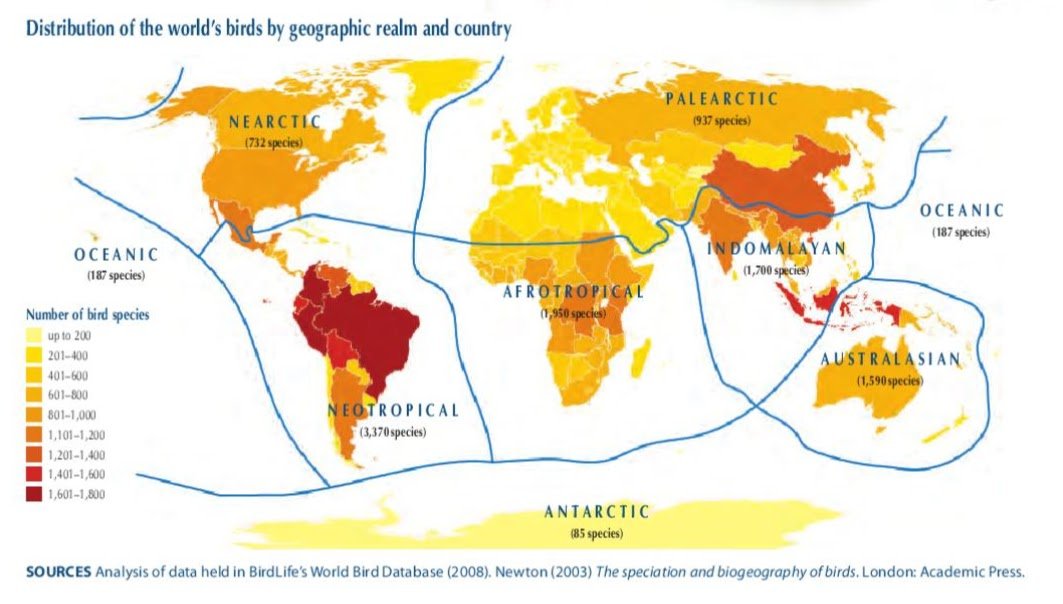
But are any of them, including bird tour agencies, needed in today’s world? Especially the world burdened by the post-Covid economic crisis? E.g. do you need them to book your flights to India? Probably not, as most people could do that by themselves. The agencies are becoming the last of the Mohicans, surviving from the pre-Internet era into the modern world.
Do you need agency services or not depends a lot on how developed your destination is, or, how digitalised the country is. For example, travelling in your home country, you are unlikely to hire an agency but more commonly a local guide for a few days in order to increase your yields. When dealing with a tourism-oriented economy, you can do the same overseas. In such a situation, the agency acts as a middle-man, not offering any essential services, but increasing your costs.
If travelling to, e.g., Costa Rica or Ecuador, whatever you need you can find online. From other birders’ trip reports (often with detailed locality info) and eBird hotspots, to local lodges (those within your price range / nearest to bird sites), bird guides, their references, rental cars… you can do it all yourself. In other destinations, you may prefer a car with a driver (e.g. India, Sri Lanka) because it takes time and nerves to get accustomed to local driving styles and unofficial rules. And there will be local agencies to offer you such services; you do not need the large international agency to get in touch with those very same local agencies.
But if you can so easily cut out the middle-man, what will happen to those famous and ever popular bird-tour agencies? Some will make it, some will not. Especially those local inbound operators, they have the best chances of survival.
Yet, even in a tougher economy and fast-changing market, there will be a market niche for the large internationals (“large” mostly in birding terms). Many elderly birders do not feel safe online and will prefer to have their trip organised by a reputable agency, rather than having to judge by themselves whether their newly-found contacts are trustworthy or not. Yet, at a risk of sounding rude, that is a dying segment of the market or, to be more polite, a quickly shrinking segment.

I mentioned countries whose economies are already oriented toward tourism. But what if it is an under-developed country whose population has only limited Internet access and even more limited Internet marketing skills? Such countries are likely to have better preserved habitats and great birds, but if ecotourism doesn’t arrive on time, soon there may be no reason to arrive at all.
If you aren’t a 20-something backpacker, how to organise your trip in such a country, e.g. African endemics-rich Cameroon? While you may try to do it yourself and with some luck, even succeed, I would recommend you to use the middle-man now, those well-known international bird tour agencies. Basically, they know the destination better and will always have more control over what is going on than you ever will. In such underdeveloped countries, travelling as a foreigner could invoke higher costs and a rather pricey tour if trying to DIY, while an agency may get better rates and end up being only marginally more expensive – or even cheaper than what you can organise yourself.
Internationals will find themselves in a tight spot because a lot of birding destinations are already well-developed – often thanks to these very same international agencies. Local guides are now experienced; local lodges are used to and understand the needs of birding guests. So, only the essential birding service providers are likely to survive, followed by the inbound ecotourism operators. As the destination develops, there’s less need for a middle-man.
Most birders will have fewer funds at their disposal for exotic overseas countries, and will be looking for ways to cut costs. The already positioned destinations will attract the bigger percentage of travelling birders (don’t you just dream of Costa Rica?). In the times of economic crisis, there will be less interest for those who are lagging behind. There will likely be fewer filled-up tours for such backwater destinations (which, in the long run, will remain a staple of international bird agencies).
My views only, and I may be wrong, but the post-Covid era looks like an extinction event in which the mega-fauna (those big players, too big to be able to cut costs efficiently) is at serious risk, while the small and adaptable are getting their chance to evolve and flourish.
Cover photo: Birding in Panama by Alex Proimos / Wikimedia Commons






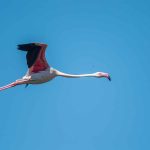
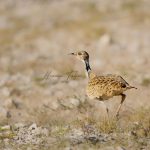
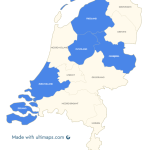
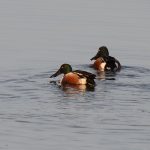
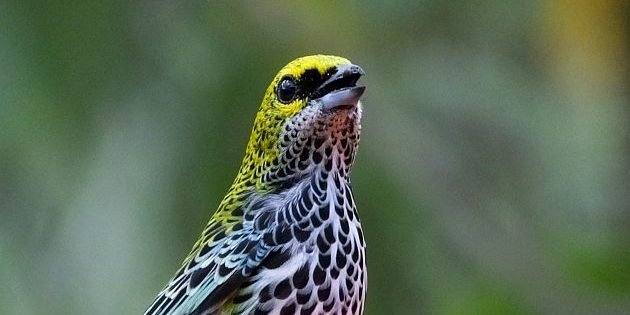
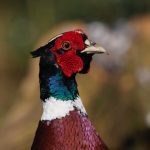
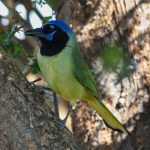
Wow, thanks for sharing your bold ideas and insights here. Food for thought for those of us working in the industry. I will definitely get back with my comments and questions. The good thing about this period is that there is finally time to contemplate, learn, and build back better! Cheers, and keep on sharing your views!
Nice insights as always, Dragan, thanks. I am not the expert but I do travel a lot. Here’s where I see a need for a large travel organization (not necessarily specialized on birding tours only):
1. First time to a country or a general level of inexperience with traveling
2. Multiple countries on a single trip (getting your crossing organized at Kazungulu at exactly 15:00 hrs – Expert Africa did it for me)
3. Lack of time, laziness, too much logistics to handle, etcetera.
DIY is a lot more fun and hiring “the local guys” usually gets you way more birds for a lot less money. I try to do birding (a morning, a day) when I travel for business and then it’s not even an option to hire a biggie – small is the only option.
I find it interesting how international bird guides are not just respected for their knowledge and guiding skills, but are also becoming celebrities, rock stars of the birding world.
Even some TV naturalists are guiding bird tours on their own, and beside the trip, birds and the overall experience, their guests partially pay to socialise with a known TV personality. However understandable, I find it weird.
Here are some thoughts on your interesting views:
“When dealing with a tourism-oriented economy, you can do the same overseas. In such a situation, the agency acts as a middle-man, not offering any essential services, but increasing your costs.”
To take the example of Greece as a tourism-oriented economy, I see that an agency still can add value in many cases: **many bird guides tend to be “in the great outdoors” or not always available, willing, or able to assist with the design, planning or operating of a tour **
information on tourism services, especially those that are state-run (like train or ferry boat schedules, museums, and archeological sites) tend to be either unclear, outdated, or incomplete**language barriers, there are still hotel websites in Greek only**
small-group travel with set departure dates is what some people prefer, and it is what an agent can offer**insider’s knowledge and a vast partner network is not always easily found online
“Especially those local inbound operators, they have the best chances of survival.”
We could distinguish at least 2 types of local inbound tour operators.
The fist type is the most common, inbound tour operators that specialize in a certain region only (e.g. Extremadura or Lesbos Island). The second type of inbound tour operator is a specialist for a large region (e.g. Spain or Greece). The latter can act as a “one-stop shop” and fulfill many different wishes.
“My views only, and I may be wrong, but the post-Covid era looks like an extinction event in which the mega-fauna (those big players, too big to be able to cut costs efficiently) is at serious risk, while the small and adaptable are getting their chance to evolve and flourish.”
Some mega-fauna may be at risk, but what I see happening that many of them are agile and keep on following the changing needs of their client base. Their strategies are based on “outside-in” thinking and they shifted their focus during the pandemic: from international travel to domestic travel and from real tours to live virtual tours. After the pandemic, they will further try to diversify their product portfolio and reach out to a younger clientele. Whereas I am afraid that a lot of the local players, be it inbound agencies, lodges or local bird guides are driven by their passion and have strategies based on “inside-out” thinking. It is also true (albeit the gap is closing thanks to information technology) that small companies often lack the funding needed for effective marketing and exposure.
This is where the third type of distribution channel comes in. After the 1. Direct channel 2. Indirect channel- traditional, there is the 3. Indirect, modern channel: OTA’s or directories and listings. There’s an international bird tour operator that now started its own bird tour listing website, thus addressing the “shrinking client base challenge”. Where trustworthy local partners can register on their tour listing website and birders can directly communicate with them.
Birding tour operators reaching out to a younger clientele would be something entirely new in the market. And yet, nothing unthinkable of. A year or two ago, I suggested one young international couple to start running bird tours, but since the market niches are already filled up (in his and her adopted homeland), having their age in mind, I suggested cheaper tours for younger people (no one really focuses on that segment). If happy with it, they would return for more.
“There’s an international bird tour operator that now started its own bird tour listing website, thus addressing the “shrinking client base challenge”. Where trustworthy local partners can register on their tour listing website and birders can directly communicate with them.”
Yep, I noticed that. And your agency listed, Chantel. Well done.